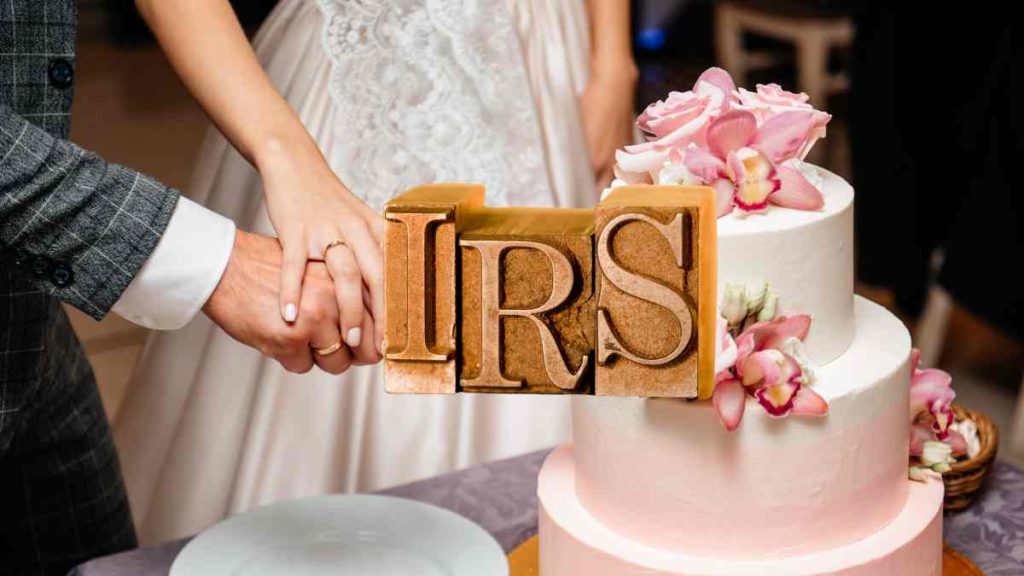A recent post on the IRS’s Social Media highlights the importance of checking these things when you get married. For your information, marriage can affect your taxes. Newlyweds must quickly report any name changes. In this way, your name on your tax return will match the one you have on your Social Security card.
If you do not report a name change and your name on file at the Social Security Administration does not go with the one on your tax return, there could be delays. If you really need the cash from your tax refund, do not forget to inform any name change after getting married. All you need to report this change if you are a newlywed is Form SS-5. It is the Application for a Social Security Card. Call SSA at 800-772-1213 or visit their official website or local office.
IRS recommends newlyweds to update their address
Many people who get married move to a new location. This means you will have to update your new address. Who should you notify it to?
- the United States Postal Service
- your employer
- the Internal Revenue Service
In order to report to the IRS an address change if you have moved to a new house or flat after getting married use Form 8822, Change of Address. However, this will not be the only thing you may need to do.
IRS reminds newlyweds to check withholding
The amount of taxes you pay the Internal Revenue Service may change after getting married. That is why newlyweds should always ensure they are paying the right amount of money.
What newlyweds should do is give their employers a new Form W-4, Employee’s Withholding Certificate ASAP. Remember that you must do it within 10 days. Make use of the IRS Tax Withholding Estimator to see if you have moved to a new tax bracket or not.
Finally, the IRS also recommends being aware of scams. The IRS generally contacts taxpayers by mail. So, it is unlikely you get emails, phone calls or even text messages. Before giving a suspicious caller private information, visit your IRS office.
